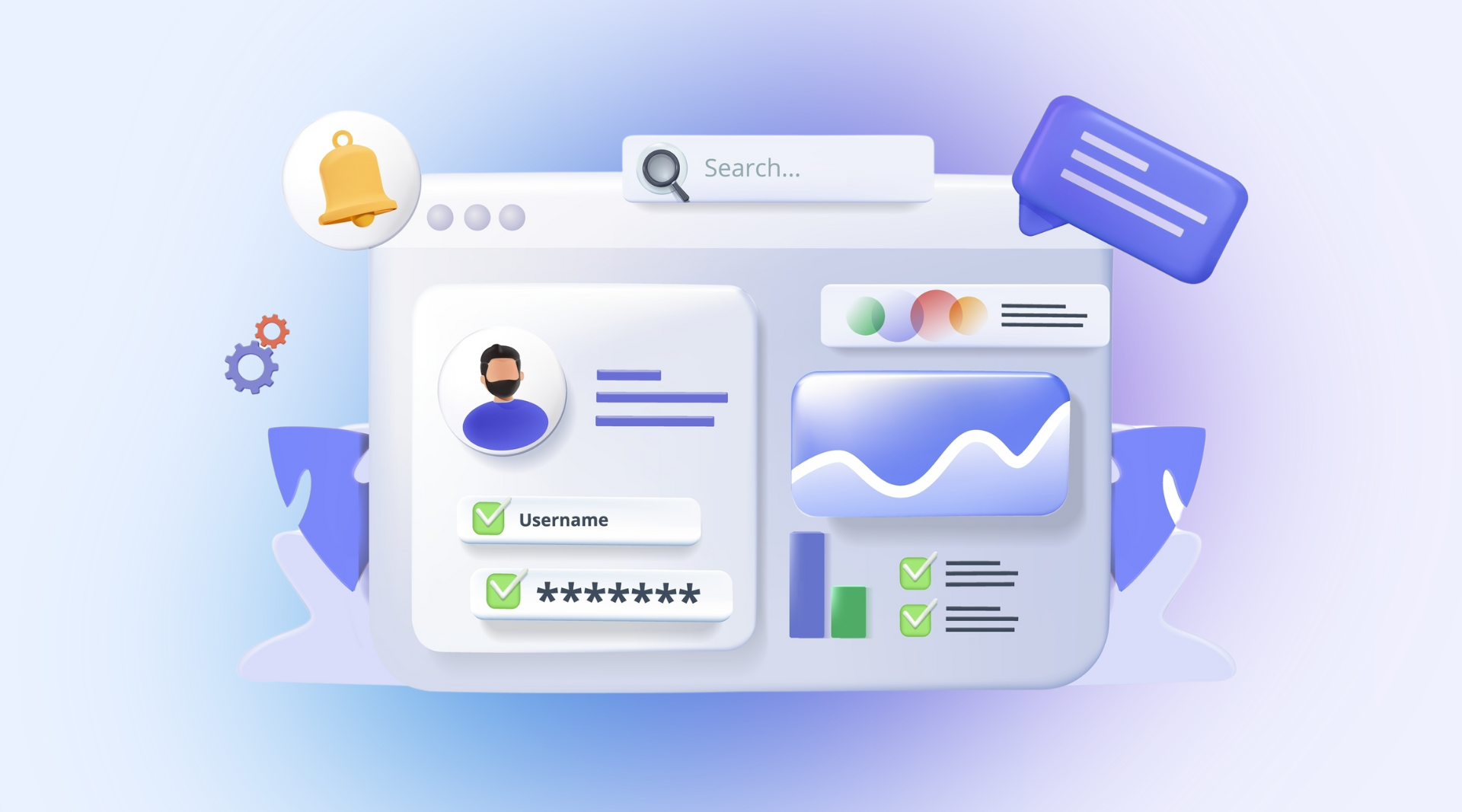2024's Leading Intranet Trends: Revolutionizing Digital Collaboration and Employee Engagement
Transforming workplaces digitally: Intranet evolution in 2024
In the ever-evolving digital era, workplaces are undergoing a transformative shift. Digital experiences, now a critical component of work life, are driving productivity, engagement, and innovation. Explore these pivotal intranet trends shaping the future of digital workplaces.
1) Enhancing employee experience through personalization
A Gartner study indicates a 34% boost in employee engagement with personalized intranet experiences. Personalization is pivotal in fostering a productive, motivating digital work environment, proving to be a strategic imperative for a thriving workforce.
Key features include:
- Dynamic content and role-based dashboards: Tailored news feeds, role-specific access, and individualized learning paths enrich the user experience, aligning with diverse employee needs.
2) Seamless application integration: enhancing digital collaboration
As per IDC insights, integrated tools and intranets reduce project time by 30%, fostering a unified and efficient digital workplace. Integration enhances collaborative processes, streamlining the digital work environment.
Key integrations include:
- Unified Communication and Project Management Tools: Tools like Slack, Teams, and Asana are integrated for cohesive communication and project tracking, centralizing digital workflows.
3) Mobile-first intranets: accessibility on-the-go
Gartner forecasts a predominant shift to mobile work by 2025. Responsive design and mobile-specific functionalities are crucial in modern intranets, enabling productivity and connectivity from anywhere.
Research insights:
- Optimized mobile user experience: Intuitive navigation and push notifications ensure that mobile intranets meet the needs of a rapidly moving workforce.
4) Cloud-based intranets: scalability and efficiency
McKinsey & Company highlights the business agility gained from cloud migration. Cloud-based intranets are pivotal in 2024 for their scalability, remote accessibility, and cost-effectiveness.
Advantages include:
- Flexible data access and cost-effective solutions: Cloud platforms cater to evolving business needs, offering anywhere-access and scalable payment models.
5) Democratizing knowledge: inclusive intranet practices
Intranets in 2024 play a key role in making knowledge accessible, fostering an inclusive and informed digital work culture.
Advantages include:
- Centralized knowledge repositories: Easy access to shared resources and collaborative knowledge-sharing tools democratize information within organizations.


